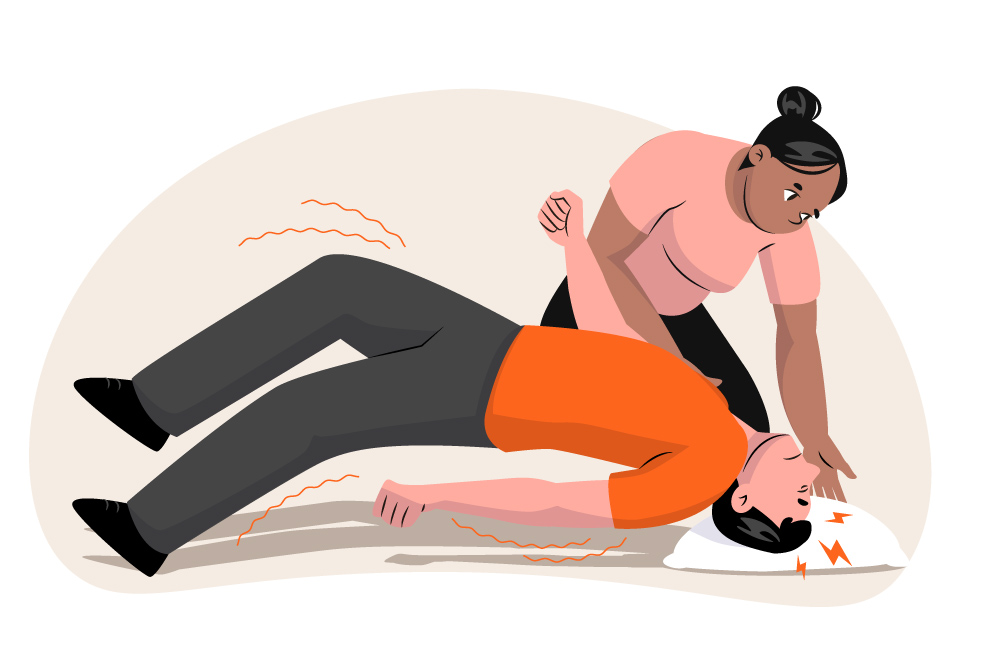MHFA Conversations about Non-Suicidal Self-Injury
Discover MHFA Conversations about Non-Suicidal Self-Injury, the essential course from WHS and Training Compliance Brisbane. Gain expert knowledge on mental health problems, crises, and how to respond in a safe and supportive manner. With a focus on deliberate behaviors to relieve tension and cope with extreme emotional pain, this comprehensive training equips you with the skills to provide effective first aid until professional help is received. Begin your journey towards a more compassionate and understanding workplace.
Mental Health First Aid is the help given to someone developing a mental health problem or in a mental health crisis. The first aid is given until appropriate professional treatment is received or until the crisis is resolved.
FAQ
How long is the MHFA Conversations about Non-Suicidal Self-Injury Training?
Online or onsite training for 5 (four) hours.
During the MHFA Conversations about Non-Suicidal Self-Injury, what will I learn?
MHFA for Non-Suicidal Self Injury training gives participants an opportunity to learn how to help someone who is engaging in Non-Suicidal self-injury.
During the Non-Suicidal Self Injury training, you will learn:
- Why people engage in non-suicidal self-injury
- How to talk and start the conversation with someone about their self-injury
- How to help and assist the person stay safe
- How to connect someone to the appropriate professional help
How to assess for suicidal thoughts and behaviours
Employee MHFA Conversations about Non-Suicidal Self-Injury : what's included?
- MHFA Conversations about Non-Suicidal Self-Injury handbook
- Certificate of completion
Cost, what is the cost of the training?
The cost of the training is – $95+GST
The term ‘non-suicidal self-injury’ (NSSI) is a deliberate behaviour where a person deliberately or purposefully with the aim to cause nonfatal bodily injuries to relieve tension, deal with extreme emotional pain or overwhelming negative feelings or thoughts.
The purpose of self-injuring behaviour is to cope with life, not to end it. It is used to refer to self-injury that is not intended to result in death. There are various methods of self- injury:
- Cutting, ripping, biting burning of the skin
- Banging or punching objects or oneself to the point of bruising or bleeding
- Pulling out hair, eyelashes, or eyebrows with the intention of hurting oneself
- Intentionally preventing wounds from healing
- Embedding objects into the skin
- overdosing on medications or other drugs.
NSSI characteristically begins in teenage years and may indicate an underlying mental health illness or previous trauma (bullying, emotional, physical or sexual abuse).
We can provide a quote to deliver MHFA training. If you would like to us to deliver onsite Mental Health First Aid for Non-Suicidal Self Injury session, just call our team on 07 5499 2406.
